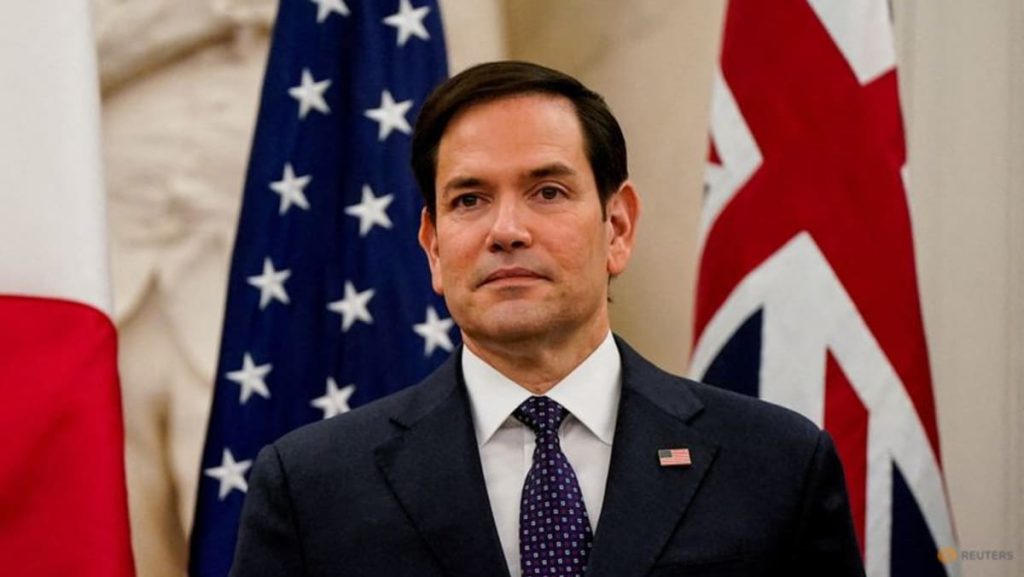The Democratic People’s Republic of Korea (DPRK), commonly known as North Korea, has issued a sharp rebuke of recent comments made by US Senator Marco Rubio, characterizing his labeling of the nation as a “rogue state” as detrimental to US interests. This marks the first public criticism of the current US administration by North Korea since President Joe Biden assumed office. The DPRK’s foreign ministry, speaking through the state-run Korean Central News Agency (KCNA), warned of a strong response to any perceived hostile provocations from the United States, underscoring the tense relationship between the two nations. This latest exchange highlights the ongoing challenges in navigating the complex geopolitical landscape surrounding North Korea’s nuclear ambitions and the United States’ commitment to regional security.
The North Korean statement, carried by KCNA, did not solely focus on Senator Rubio’s remarks. It also expressed strong condemnation of the United States’ ongoing development of advanced missile defense systems. North Korea views these developments as a direct threat and a justification for bolstering its own military capabilities, particularly its nuclear deterrent. The DPRK’s foreign ministry argued that such missile defense initiatives, reminiscent of the Cold War-era “Star Wars” program, risk escalating global tensions and fueling an arms race. They claim the US uses the pretext of countering threats from adversaries to justify these advancements, irrespective of their actual effectiveness.
This statement from North Korea reflects a long-standing pattern of reaction to perceived US hostility. The DPRK consistently frames its nuclear program as a defensive measure, necessary for its survival in the face of what it perceives as aggressive American policies. They argue that the development of advanced missile defense systems by the US undermines the strategic balance and compels North Korea to strengthen its own deterrent capabilities to ensure national security. This cyclical pattern of action and reaction has been a hallmark of the relationship between the two nations for decades, contributing to the persistent tension and instability in the region.
The timing of this statement is significant, coming amidst broader geopolitical shifts and renewed focus on North Korea’s nuclear ambitions. While this marks the first direct criticism of the Biden administration by North Korea, it continues a pattern of condemnation of US policy that transcends individual administrations. The DPRK’s consistent message is that it will not be intimidated by US military advancements and will continue to prioritize its own defense, including its nuclear program, in the face of perceived external threats.
The international community faces a complex challenge in addressing the North Korean nuclear issue. Dialogue and negotiation have been intermittent and largely unsuccessful in achieving denuclearization. Sanctions, while intended to pressure North Korea into compliance, have had limited impact on its nuclear ambitions. The DPRK’s repeated assertions of its right to self-defense, coupled with its condemnation of US military policies, underscore the deep mistrust and ideological divide that complicate efforts towards a peaceful resolution.
The ongoing development of missile defense systems by the United States and its allies is a key point of contention in the relationship with North Korea. While the US argues that these systems are defensive in nature and intended to protect against potential attacks, North Korea views them as a destabilizing factor and a direct threat to its security. This divergence in perspective fuels the arms race dynamic and makes it more difficult to achieve a diplomatic solution to the nuclear issue. The DPRK’s insistence on maintaining its nuclear deterrent as a guarantee of its sovereignty further complicates the situation, creating a seemingly intractable security dilemma. Moving forward, finding a path towards denuclearization and lasting peace on the Korean Peninsula will require addressing these underlying security concerns and building trust between the involved parties, a task that remains daunting given the current political climate.

